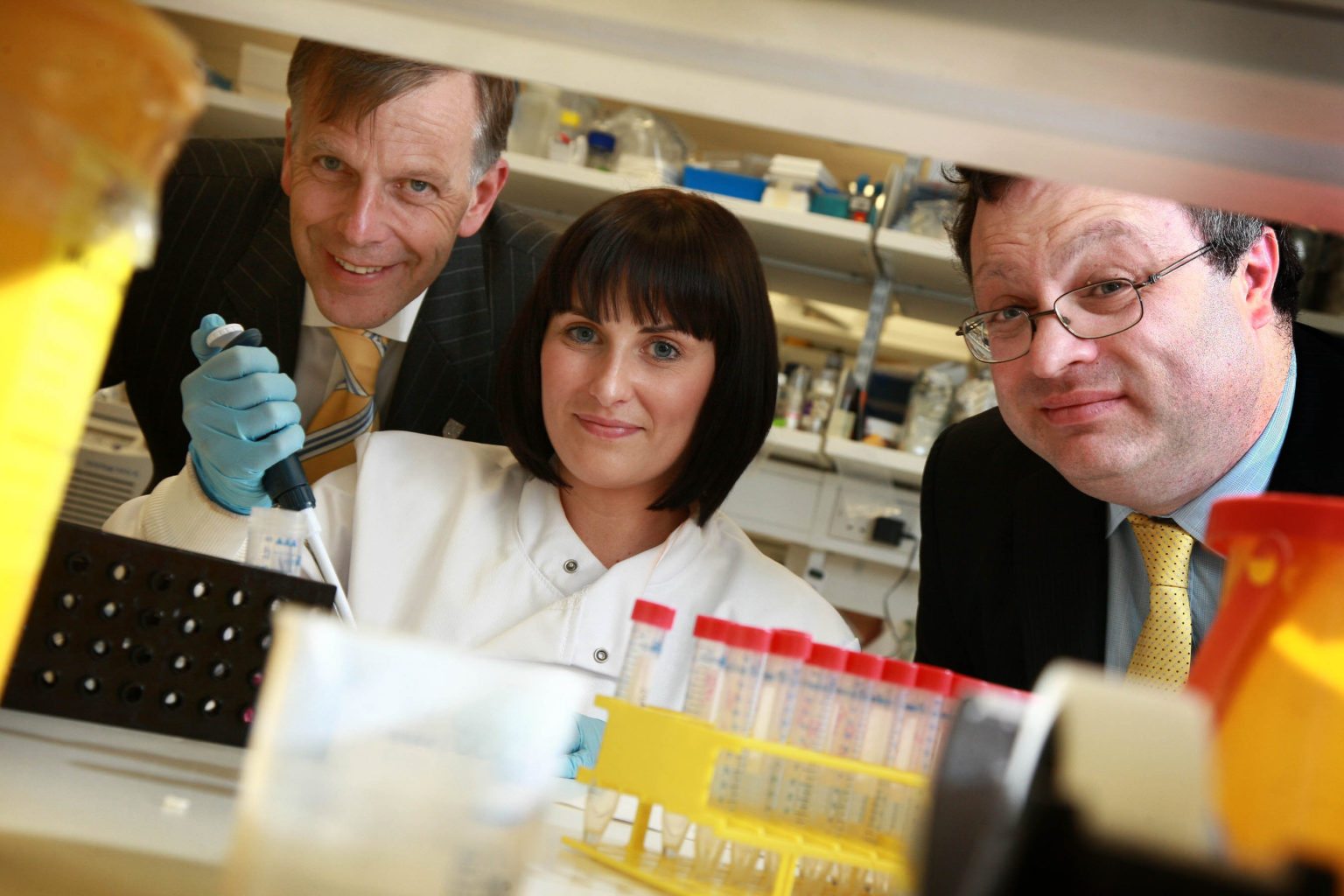New Warwick research quickly and accurately detects cancer cells
Warwick University are collaborating with Intel Corporation, the Alan Turing Institute, and University Hospitals Coventry & Warwickshire NHS Trust (UHCW) to detect cancer cells more accurately.
Initial work focused on lung cancer cells, with both the University and Intel working to renovate a model which allows computers to recognise cellular distinctions for different types of lung cancer. Artificial intelligence is used, including the frameworks TensorFlow that runs on Intel Xeon processors.
Professor Nasir Rajpoot, from the department of computer science, led Warwick scientists within the Tissue Image Analytics (TIA) Laboratory to create a digital repository of tumour and immune cells found in human tissue samples. The group have been developing algorithms that recognise these cells instantly.
Professor Rajpoot, who is a UHCW Honorary Scientist, commented: “We are very excited about working with Intel under the auspices of the strategic relationship between Intel and the Alan Turing Institute.”
“The collaboration will enable us to benefit from world-class computer science expertise at Intel with the aim of optimising our digital pathology image analysis software pipeline and deploying some of the latest cutting-edge technologies developed in our lab for computer-assisted diagnosis and grading of cancer.”
The digital pathology image solution is the next step in advancing traditional healthcare with technology. It aims to increase the reliability of pathologists analysing cancerous tissue specimens.
“We have long known that important aspects of cellular pathology can be done faster with computers than by humans,” said cellular pathology clinical lead and UHCW Centre of Excellence director, Professor David Snead.
“With this collaboration, we finally see a pathway toward bringing this science into practice. The successful adoption of these tools will stimulate better organisation of services, gains in efficiency, and above all, better care for patients, especially those with cancer.”
Dr Anthony Lee, who is Director of the Alan Turing Institute Intel collaboration Strategic Programme also commented:
“This project is an excellent example of data science’s potential to underpin critical improvements in health and well-being, an area of great importance to the Alan Turing Institute”.
The new model is made to be useful in several types of cancer whilst reducing the risks of human errors.
Dr Anthony Lee went on to add that: “This collaboration could not only improve service efficiency, but also open up new and exciting analytical techniques for more personalised precision care.”

Comments